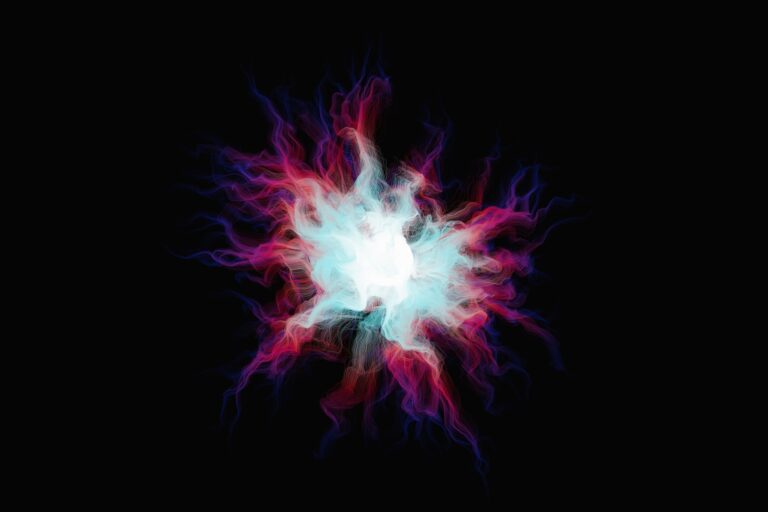Department of Chemistry, Physics, and Atmospheric Sciences – PHYSICS
College of Science, Engineering, and Technology
If you have ever wondered scientifically, “why” something is the way it is, or “how” can something exist or behave the way it does, then you’ve entered the realm of physics. Physics is the most fundamental of all sciences, and is the study of nature that is all around us. Physicists try to understand the most basic laws that govern the behavior of nature.
Research
The Department of Physics, Atmospheric Science and Geoscience conducts forefront research in several major areas. Faculty members have been active in securing federal funding from National Science Foundation, National Institute of Health, Army Research Office, and Department of Education. Faculty research provides undergraduate students with on-campus research opportunities in well-equipped laboratories as well as with off-campus Summer internships at US leading universities.
Our faculty members are active in the following research areas:
Physics
Condensed Matter Physics
Faculty: Q. Dai, S. Goupalov, N. Pradhan, T. Shahbazyan, J.-G. Zhou
The research activities are conducted in synthesis, and characterization of material for energy, engineering, and theoretical studies of metal and semiconductor nanostructures. The goal of energy research is to improve the stability and power conversion efficiency of solar cells, including perovskite solar cells, dye sensitized solar cells and quantum dot sensitized solar cells, by structure engineering and nanomaterial incorporating.
Optical Physics
Faculty: S. Goupalov, T. Shahbazyan, S. Yang
The research activities are conducted in optical spectroscopy of material for engineering and medical applications, transport and optics in low-dimensional nanomaterials, and theoretical studies of such materials nanostructures. The research in medical applications of optics focuses on the development of novel laser spectroscopy and imaging system and translation discoveries in optics to the resolutions of medical problems.
Physics Education
Faculty: P. Chang, M. Fadavi, A. Khan, V. Shankar
The research activities refer to both the methods currently used to teach physics and to an area of pedagogical research that seeks to improve those methods. Physics Education Research also utilizes theories and techniques that measure the learning of physics by students. While much of the work in this field focuses on these 'traditional' students, but the department extends its reach to professional development for pre- and in-service teachers of physics and physical science at the K-12 levels in an attempt to better teachers.
Meteorology and Earth System Science
Faculty: E. Heydari, D. Lu, S. Reddy, L. White
The research activities in Meteorology program refer to weather modification and control, forecast, air pollution, aviation, climatology, tropical weather, mesoscale meteorology, satellite data analysis, geographic information systems – remote sensing (GIS-RS) and their applications to Meteorology, and modeling, The research in Earth System Science program refer to many aspect of Mesozoic and Cenozoic rocks of the U.S. Gulf Coast, Permian – Triassic boundary strata, petroleum reservoirs, and the most recent endeavor is the geology of the planet Mars.
LEARN BY DOING
Learn about the frontiers of space and time while searching for extrasolar planets and world-renowned observatories. Explore the mind-bending consequences of Einstein’s theory of gravity and curved space-time, or unlock the mysteries of our awesome Earth with field research opportunities.
“Challenging Minds, Changing Lives.”
RESEARCH
For many years, we have played a central role in new physics developments and advancements.
Want to learn more? Click below to view our advancements.
PERSONNEL
READY TO JOIN?
For more information, please contact us at (601) 979-7012. We look forward to meeting with you and seeing how our program can help you achieve your goals.

